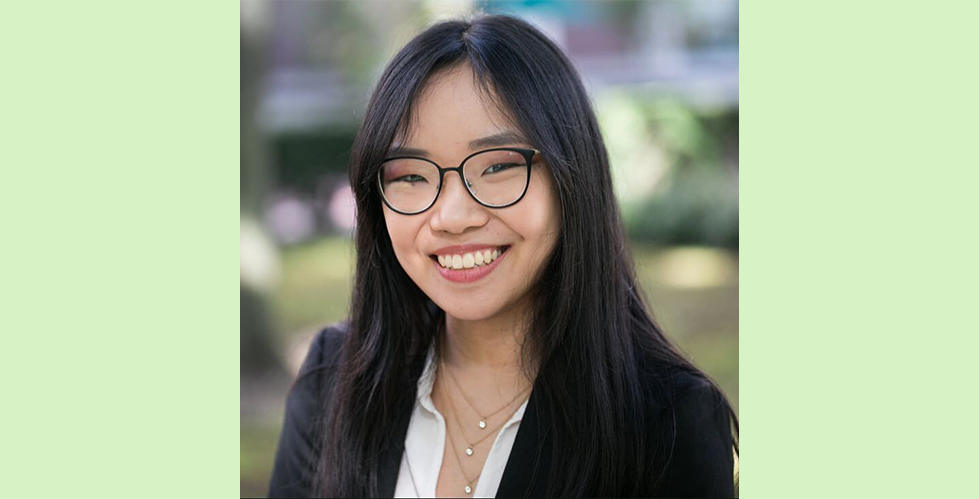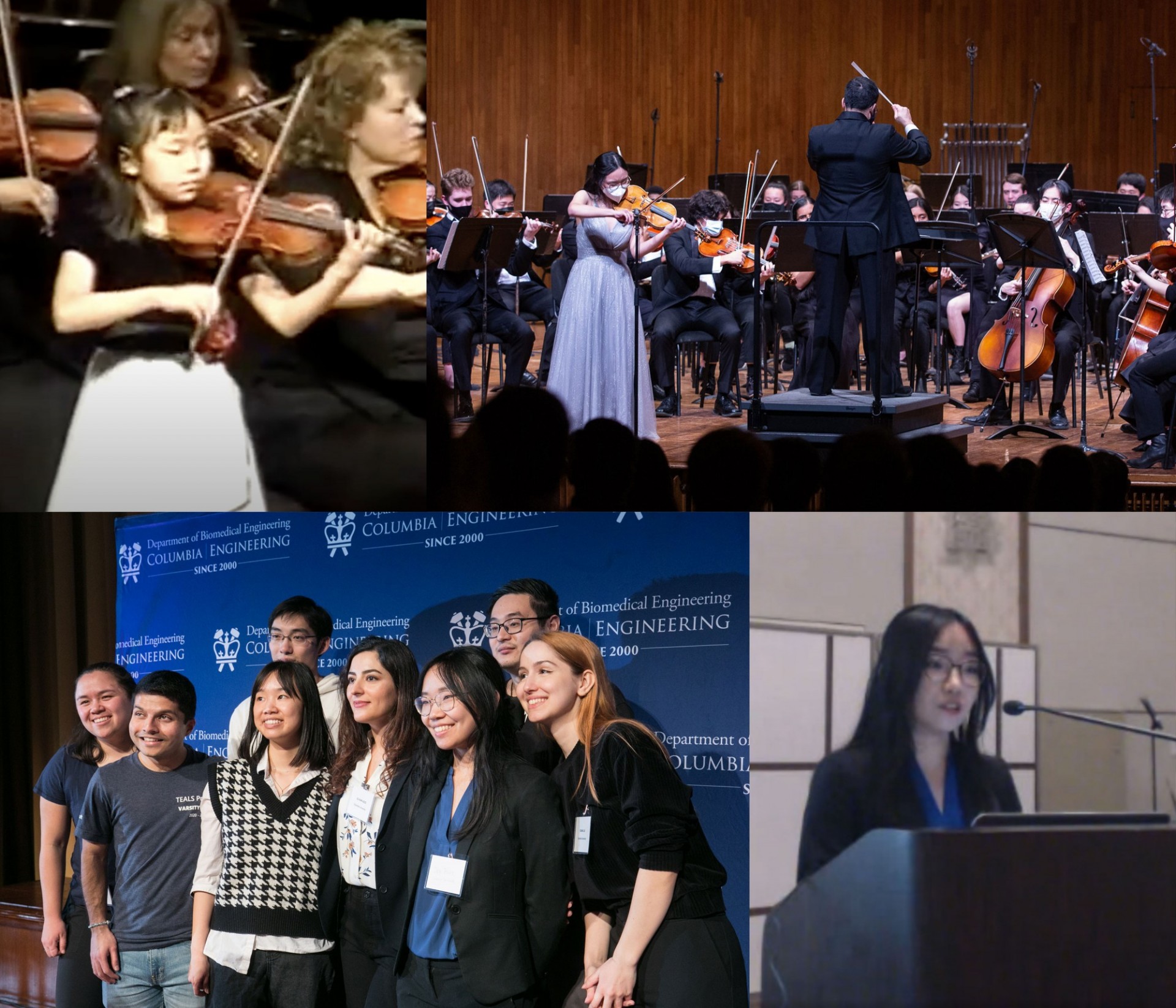Faces of IICD: Joy Fan, Graduate Student
Faces of IICD is a newly created blog series to allow our members to share more about their career paths and personal stories.

Linyue (Joy) Fan is a third-year doctoral student (biomedical engineering) in Dr. Elham Azizi’s lab. She focuses on developing new computational tools for studying cancer evolution and differential response to therapy. In the latest "Faces of IICD" blog series, Joy shares about balancing out multiple roles as a musician, artist, writer, and scientist.
The arts have been a part of my life for as long as I can remember. As a child, my parents supported me with violin lessons, dance classes, and as many sketchbooks and journals as I could fill with art and writing. I am unspeakably grateful for my upbringing, because long before I could produce tolerable sounds on the violin or paint with any semblance of color theory, I knew what it was to feel passionate. Even in those early years, I lived on that creative vitality – that indescribable thrill of transforming intangible ideas and feelings into living, breathing sounds and color.
Society is rather less generous to notions as nebulous as “creative flow,” however. For much of my life, I have been asked to choose between the arts and science; to explain the common ground between them or how one may benefit the other. I find these questions, though well-intended and certainly reasonable, to be sobering. They evidence the pressure we all feel to squeeze ourselves into one box – to come up with a unified “mission statement” for our lives that justifies everything we are to work for. That, to me, not only limits our potential – it is also impossible.
As a scientist, my long-standing goal is to push the boundaries of what we know about cancer in order to improve and enable new future treatments. My research now is the culmination of many years of soul-searching for the right career path. Joining Dr. Elham Azizi’s lab three years ago was perhaps one of the most illuminating experiences of my academic life. Thanks to her guidance, I came to see precisely how I could apply my interests in machine learning to challenges in cancer research. Because my background is a mix of both biology and computer science, I have been able to work at the intersection of the two fields to bridge the gap between advances in experimental biology and novel computational methods – something that has been both creatively and intellectually rewarding.

On the other hand, as a musician, artist, and writer – my journey takes on a more intimate flavor. Over the many years of technical training and daily practice, the most difficult lesson to learn was that of vulnerability – the ability, and willingness, to wear your heart on your sleeve onstage, or read aloud a poem you have written to a room full of strangers. At one point, these things would have seemed impossible to the extremely shy child that I was. But in gradually breaking down those barriers, I have been able to find genuine, incredible human connections. I remember the performances I used to give with my former piano teacher, where we would always, always conclude with a beautifully moving song composed by her late husband. We would lift him up together with our playing – a wordless, shared tribute that stands out poignantly in my memory. I remember a commission I received from a client who had recently lost her grandmother, and her request to see her painted with angel wings among her favorite flowers. The hours that I put into that piece far surpassed anything I had ever created, driven by a sense of creating something truly meaningful.
In this way, the arts and sciences occupy entirely separate roles, both intellectually and emotionally in my life. Contrary to everything I had been taught to expect, and even hope for, as a child – the process of “growing up” has not resulted in the arts and sciences resolving into a singular path around which to form my identity. Instead, it has cemented to me that my identity would be wholly incomplete without one or the other. I consider myself a musician, an artist, a writer, and a scientist, and I feel very strongly that each of these roles should be distinct. I am not thinking about research roadblocks when I am giving a performance as a musician, nor am I planning my next drawing while giving a research talk. The inspiration and excitement that can be found when completely committed to the creative moment are both fun and fulfilling. Surprisingly, it is by following the creative flow and adopting whatever role it directs me to that I find balance between them!
